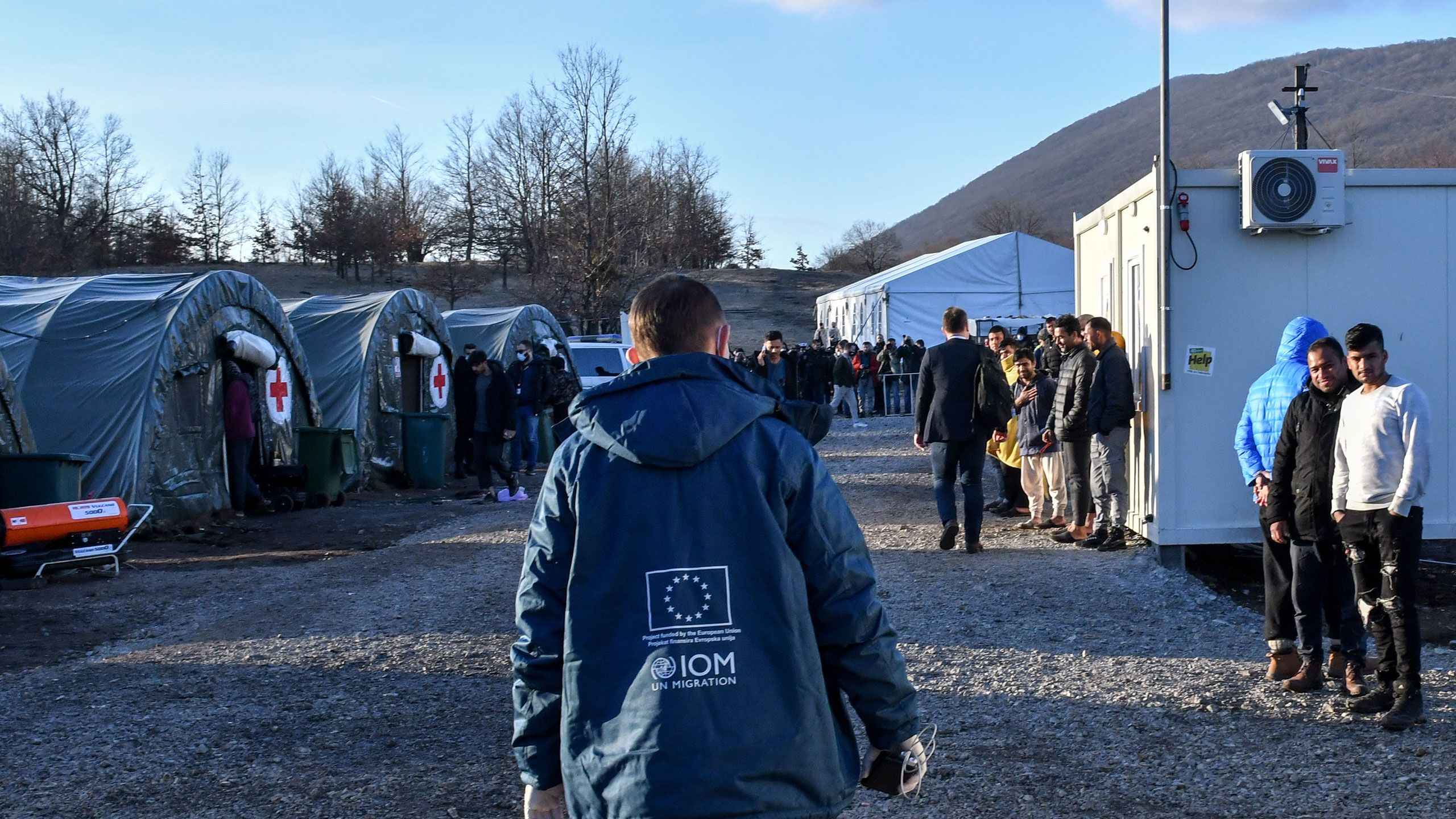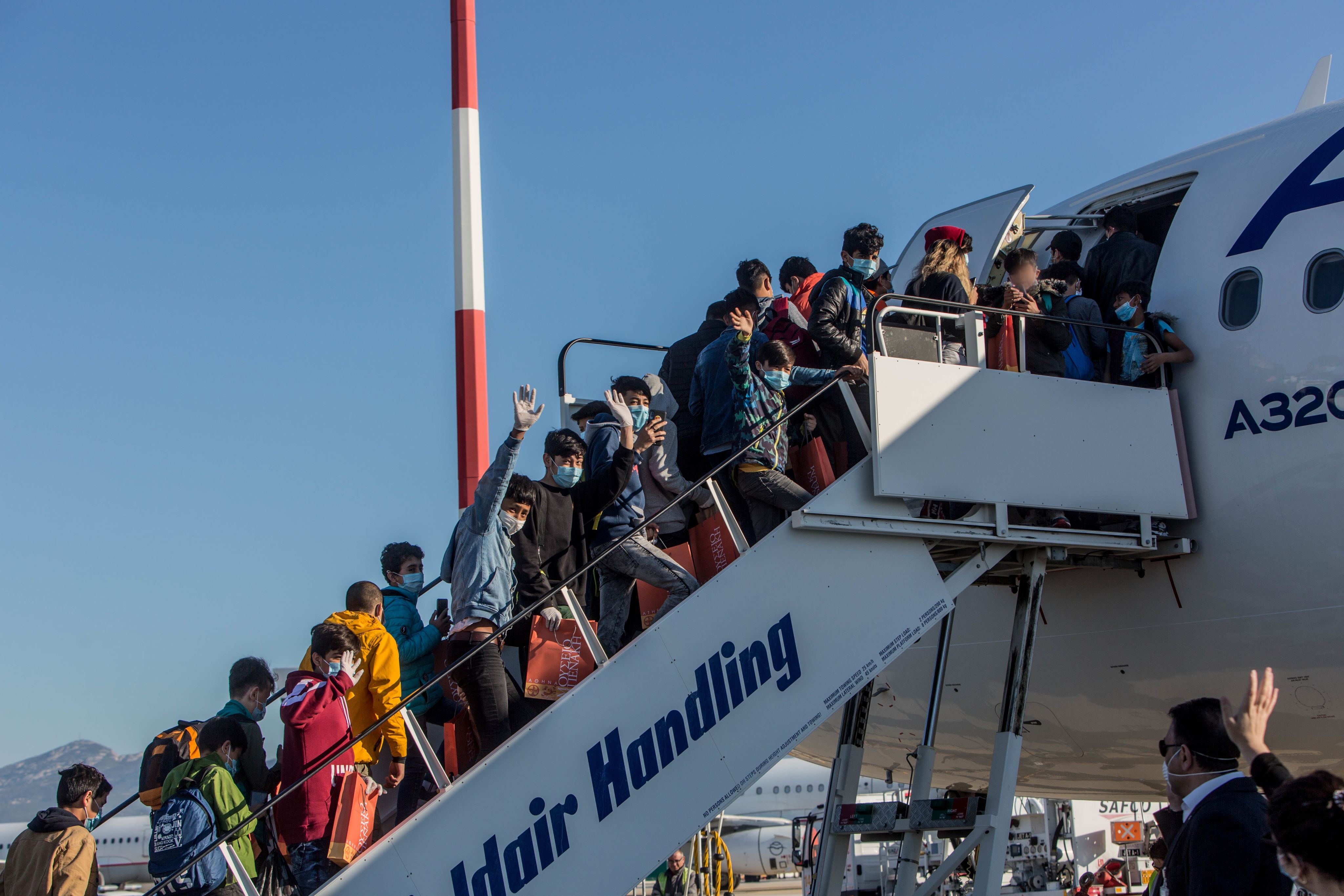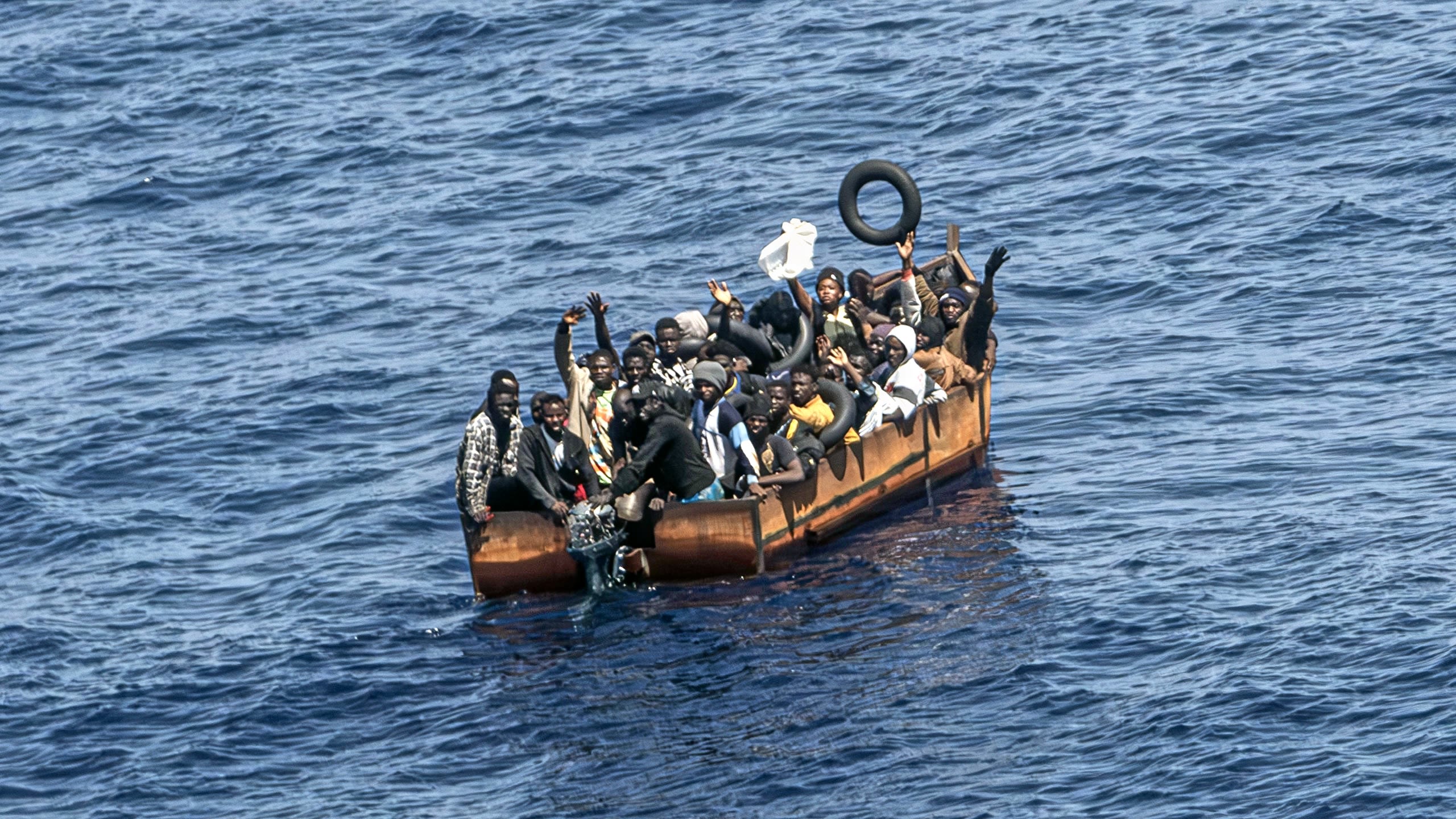Managing migration responsibly

Europe is a continent whose history has been shaped by many peoples. We will always stand by our obligations to provide safety to people who seek international protection, and we are proud to offer legal migration pathways that will also benefit European societies and economies.
However, in past crises, when unprecedented numbers of refugees and irregular migrants entered the EU, it became clear that Europe did not have the right tools to cope with the pressures. This is why we proposed the Pact on Migration and Asylum. With the Pact, the EU will have a common system to manage migration in a dignified and sustainable way.
The Pact on Migration and Asylum:
a fresh start

After a long political stalemate, in September 2020, this Commission showed the way for a fresh start putting forward the Pact on Migration and Asylum.
The Pact provides a truly unified European system with clear rules for everybody that ensure that no Member State is left alone in managing migration, and that all countries apply fair, efficient procedures, and manage EU external borders in full respect of fundamental rights.
The new rules will ensure a robust and fair migration and asylum management, including more efficient and faster procedures at the external borders. As migration is a changing phenomenon, the rules provide for flexibility in situations of crisis or force majeure in which national systems might become overstrained.

Secure external
borders
- Robust screening
- Eurodac asylum and migration database
- Border procedure and returns
- Crisis protocols and action against instrumentalisation

Fast and efficient procedures
- Clear asylum rules
- Guaranteeing people’s rights
- EU standards for refugee status qualification
- Preventing abuses

Effective system of solidarity and responsibility
- Permanent solidarity framework
- Operational and financial support
- Clearer rules on responsibility for asylum applications
- Preventing secondary movements

Embedding migration
in international
partnerships
- Preventing irregular departures
- Fighting migrant smuggling
- Cooperation on readmission
- Promoting legal pathways
Greece is pioneering an integration project, funded by NextGenerationEU, whereby refugees and migrants, including persons with disabilities, are trained in fire and earthquake protection. The project brings local residents and migrants closer together to confront common challenges.

Operational measures
to support Member States

In addition, the Commission has also taken operational measures to support Member States immediately. Four action plans focused on specific migratory routes, and a 10-point plan for Lampedusa have put in place concrete measures including financial support to Member States, border management, and combatting migrant smuggling.
The Action Plans have yielded results. In the Western Balkans, arrivals in 2023 decreased by 31% compared to 2022 and significant efforts have been made by Serbia, Montenegro, North Macedonia, and Albania to reinstate visa regimes towards certain third countries to prevent secondary movements into the EU.
We have also concluded or advanced negotiations for global partnerships with Tunisia, Egypt, and Mauritania, covering issues such as economic cooperation, cultural exchanges, better migration management, and security.
Financial support to Member States during this mandate
€6 billion
to manage migration
€3 billion
for border management
€1 billion
to strengthen security
Providing a haven
for people fleeing the war

On 4 March 2022, only days after the start of the Russian invasion of Ukraine, the Commission proposed, and the Member States accepted, to activate, for the first time ever, the Temporary Protection Directive. This protected all those fleeing the war, granting them basic rights within the EU, including residence permits, access to the labour market, medical care and education for children.
More than four million individuals have benefitted from this temporary protection, and the EU has become a haven for almost one fifth of Ukraine’s children.
Preventing and fighting
migrant smuggling

More than 90% of irregular migrants arrive in the EU with the assistance of smugglers, an activity that has become a multi-million-euro business in which vulnerable people put the life in the hands of unscrupulous criminals. But it is countries which should decide who comes to the EU and who can stay, not the smugglers and traffickers.
In November 2023, the Commission launched a Call to Action for a Global Alliance to Counter Migrant Smuggling at an International Conference in Brussels joined by countries around the globe. Coinciding with the launch, we also proposed new legislation to prevent and fight migrant smuggling, updating the 20-year-old legislative framework, to introduce minimum rules to counter the facilitation of unauthorised entry, transit and stay in the EU, as well as to strengthen the role of Europol.
Keeping our promise to Europe
